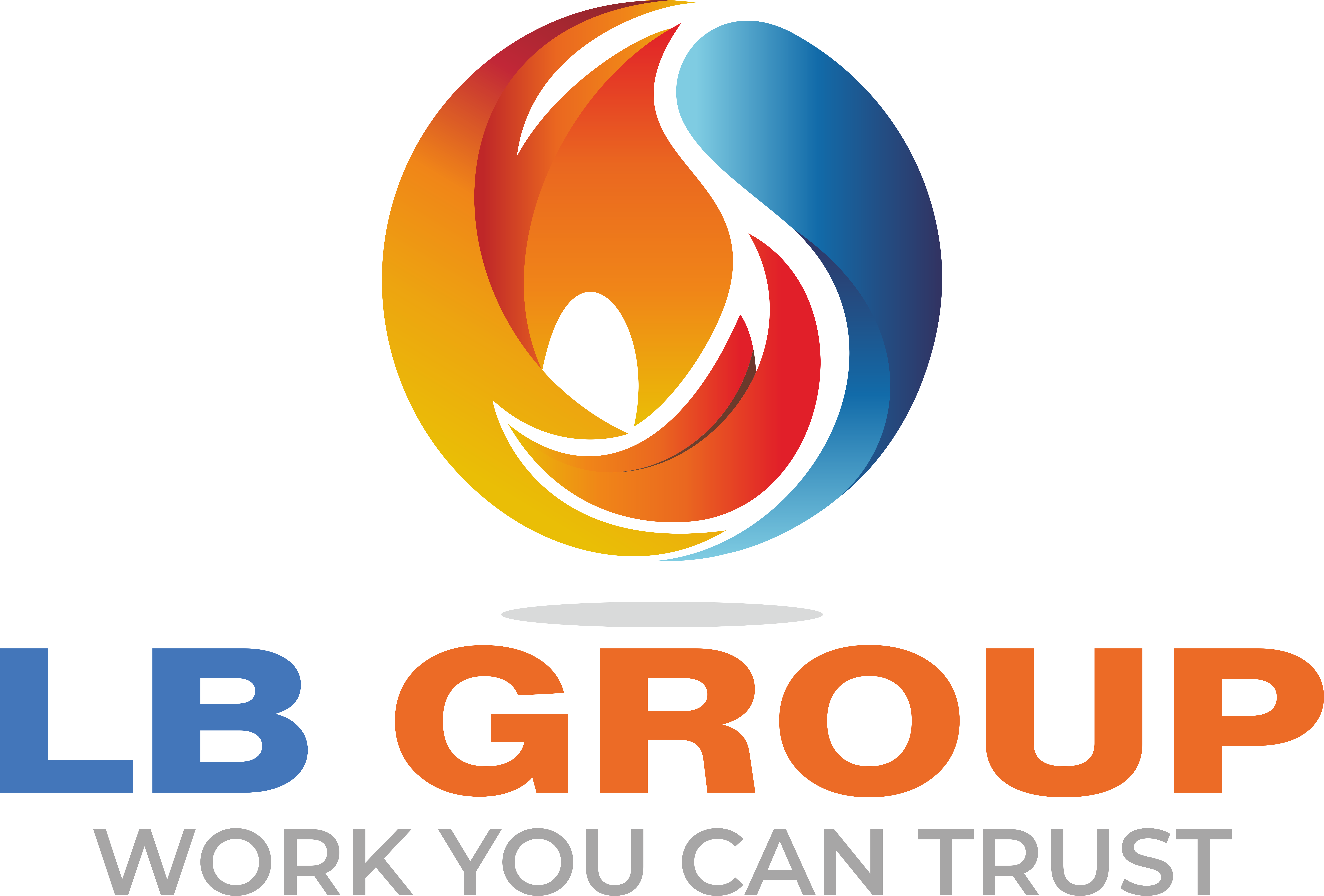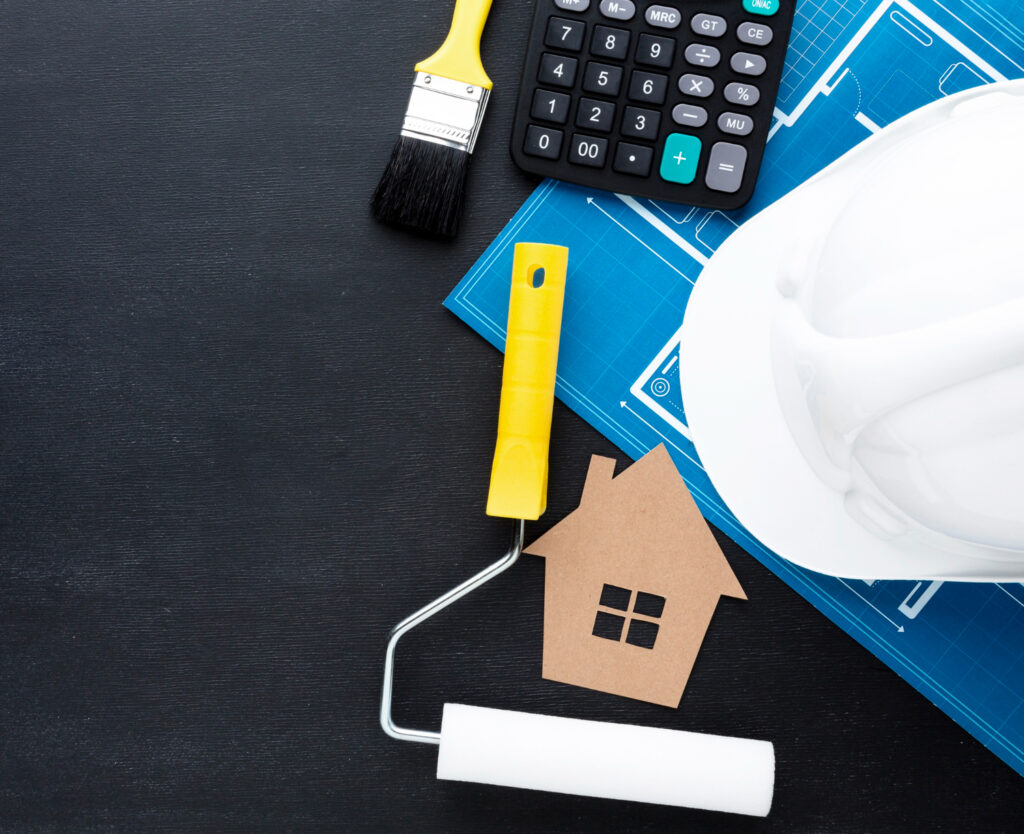Introduction
Picture this: You’re standing in your kitchen looking at the old cabinets and cracked tiles. The thought of replacing them makes you giddy… but then you remember:
“Is this actually worth the money? Will I get anything back if I ever sell the house?”
Sound familiar? This is a question almost every homeowner faces at some point. Renovating your home is often a labour of love, but it’s also a big financial commitment. On the one hand, it can be about creating a more comfortable and functional space for you and your family. On the other, it’s an investment you hope to profit from if you sell.
But the big question is: Is home renovation ever a good investment?
The short answer is: it depends. It depends on your goals and priorities, the type of renovation, and how well it’s planned and executed.
At LB Group, we’ve worked with hundreds of UK homeowners over the years, guiding them to make renovation decisions that boost comfort, lower running costs and, in many cases, property value. The key is knowing which upgrades have the best return on investment, and when to focus on value rather than lifestyle.
In this article, we’ll share examples of renovations that often have the highest ROI, the main factors that influence it, real-life examples where it works and where it doesn’t and tips for ensuring your home investment reaps maximum benefits.
Defining a ‘Good Investment’ in Renovation
When we ask most homeowners what a good renovation investment looks like, the first thing they mention is a higher resale price. And while financial ROI is a valid goal, it’s not the only way to measure a successful renovation.
Here are some examples of what a good investment can mean:
- Higher resale value of your property when you come to sell.
- Lower running costs for you, thanks to energy-efficient upgrades.
- Improved comfort and functionality for you and your family.
- Reduced maintenance needs over time.
We’re talking about financial returns here, not the personal satisfaction you get from a better home. While those things matter, they aren’t easy to quantify.
Direct vs. Indirect Returns
Direct Return on Investment: Direct ROI is, as the name suggests, a direct return on the money you invest in a project. The most obvious example is a return on selling your home: you spend £10,000 on a new kitchen and then sell your house at a higher price, making £15,000 more than you initially paid for it.
Indirect Return on Investment: Indirect returns are more difficult to measure, but they can have a real impact on your finances over the long run. For example, modern energy-efficient boilers can reduce your heating bills by hundreds of pounds each year. While that money isn’t yours to keep forever (unless you move into a new home), it can make a real difference to your monthly costs.
The same is true for some other renovations that reduce maintenance needs or increase the time between upgrades. At LB Group, we often advise homeowners to take both direct and indirect ROI into consideration for example, by planning a kitchen renovation alongside an efficient, modern heating system that not only makes the space more enjoyable for them but also reduces their bills and makes the home more attractive to potential buyers.
The Renovations with the Highest ROI
As you might have guessed, the best return on investment for a home renovation depends on the market, location and the type of home. While we can’t give you a magic formula to figure it out for yours, there are some projects that have historically seen a stronger ROI than others in the UK housing market.
1. Kitchen Remodels
Kitchens are often described as the heart of a home and for a good reason. It’s also one of the first things potential buyers look at when considering a property. If your home is on the market, chances are high that a stylish kitchen will catch their attention.
Reasons why kitchens have a high ROI:
- Sets the tone for the rest of the home.
- It is often in heavy use, so it’s obvious if something needs work.
- Can make a home feel more spacious and modern with a thoughtful design.
Small changes: Repainting cabinets, changing worktops, adding new energy-efficient appliances. These simple fixes can offer a surprisingly high ROI.
Bigger changes: Full remodels are only worth it if your kitchen is outdated or dysfunctional. A full re-design will almost always be more expensive than you initially planned, so think carefully about whether it’s worth the money.
When upgrading your kitchen, also think about your hot water system. Many of our clients plan a kitchen remodel with a new boiler or hot water tank at the same time, ensuring they get fast, consistent hot water throughout the house. It’s a detail that home buyers will appreciate.
2. Bathroom Renovations
After kitchens, bathrooms are the most popular renovation project in terms of ROI. A clean, modern bathroom is a major attraction to potential buyers, and the investment often pays for itself — and then some. Renovations in bathrooms often offer 50–60% returns, sometimes even higher depending on local market conditions.
Popular bathroom renovation ideas:
- Walk-in showers with rainfall showerheads.
- Freestanding bathtubs for a more elegant touch.
- Underfloor heating for a comfortable step-in surface.
- Updated tiling and fixtures for a fresh, timeless design.
It’s no surprise that a stylish bathroom is a major draw for buyers: they often associate its condition with the rest of the home’s upkeep and maintenance.
At LB Group, we’ve seen plenty of cases where a modern bathroom was just the extra push needed to make someone put in an offer.
We also often see homeowners add underfloor heating during bathroom renovations — for instance, as part of a new floor design. Pair it with a boiler system that provides fast, efficient heating, and your bathroom is going to be very popular with buyers.
3. Energy-Efficient Upgrades
Energy efficiency isn’t just a fad — it’s a financial strategy. UK buyers are becoming more aware of EPC ratings, and they prefer properties that offer better efficiency.
Most impactful energy-efficient upgrades:
- Boilers: A modern, efficient boiler will improve heating and hot water performance. With an A-rated boiler, you’ll also make savings on your annual energy bill.
- Insulation: Loft insulation and cavity wall insulation are a must for any modern home.
- Glazing: Double or triple-glazed windows and doors are a big draw for energy-conscious buyers.
- Smart heating controls: Allow for better management of energy use.
Case Example: One homeowner in London replaced their old boiler during a loft conversion and now enjoys 25% lower energy bills as a result.
4. Loft Conversions & Extensions
Any investment in property square footage tends to yield a good return on investment, and loft conversions are among the most popular ways to add more living space in the UK.
Benefits of extra space:
- More rooms and additional workspaces.
- Ideal for families that are growing out of their current home.
- Can avoid the need to upsize to a new house.
ROI: Depends on location and demand, but loft conversions typically return 20–30% more than the cost of the work when selling.
We have worked with several homeowners who plan loft conversions with energy-efficient upgrades. With an efficient boiler in place, the new living space will be comfortable without sending energy bills through the roof.
5. Outdoor Improvements
Outdoor spaces have been gaining popularity like never before in the UK. Patios, garden offices and even outdoor kitchens are now in great demand.
Popular options for your outdoor space:
- Decking or patio seating areas.
- Fully insulated garden offices with electricity, heating and even underfloor heating.
- Outdoor lighting and heating systems for year-round use.
We have often been involved with outdoor improvements in UK homes — for instance, by providing outdoor heating systems controlled through a smart thermostat. A garden that’s usable all year round is a major advantage in the eyes of many buyers.
Factors That Affect ROI
- Location – In high-demand areas, even cosmetic upgrades can boost value. In slower markets, focus on functional improvements.
- Market Conditions – A rising property market can help recoup more of your costs. In slower markets, focus on cost-effective, high-impact changes.
- Quality of Workmanship – Poor quality work can lower home value. Always hire reputable contractors.
- Energy Efficiency Standards – EPC ratings now influence buyer decisions.
- Personal Use vs. Selling Plans – Lifestyle improvements can be just as valuable as resale increases if you plan to stay in the home.
The most successful renovations often combine lifestyle and value, for example, a modern boiler that saves you money now and appeals to buyers later.
Also Read: What Specific Home Improvements Have the Best ROI?
Renovations That May Not Be a Good Investment
Of course, some renovations can backfire and actually make a home less attractive to buyers — or at least not deliver the kind of return you might expect.
Examples of risky or low-return renovations:
- Over-Improving: Spending £50,000 on a kitchen in a £200,000 home may not make financial sense. Buyers will compare it to similar homes in the area and may not be willing to pay the extra.
- Too Personalised Designs: Highly customised designs such as themed rooms or unusual layouts may appeal to your taste but limit the appeal to the average buyer.
- Neglecting Essentials: Focusing on cosmetic upgrades while ignoring key systems like heating, plumbing, or electrics can backfire. Buyers may be wowed by the look but walk away after discovering the underlying issues.
We’ve seen cases where homeowners invested heavily in high-end finishes but kept an outdated, inefficient heating system. The result? A beautiful home that was expensive to run and failed to sell quickly because buyers prioritised practicality.
Conclusion
So, is home renovation ever a good investment? The answer is yes, if you approach it strategically. The best projects strike a balance between personal enjoyment and long-term value.
Renovations such as kitchen remodels, bathroom upgrades, energy-efficient improvements, loft conversions, and outdoor enhancements tend to offer strong ROI while also improving your daily life.
At LB Group, we’ve seen first-hand how well-planned renovations can transform homes, increase comfort, reduce running costs, and make properties far more appealing to buyers. Whether you’re renovating for your own enjoyment or preparing to sell, making informed choices will ensure your project is a genuine investment, not just an expense.

Sunny Saini is a certified heating engineer with over 15 years of experience in maintaining and repairing boilers. He specializes in diagnosing complex boiler issues and providing reliable solutions to ensure homeowners stay warm and comfortable throughout the year.





![]=](https://localboiler.co.uk/wp-content/uploads/2024/05/Untitled-design-96-300x300.jpg)